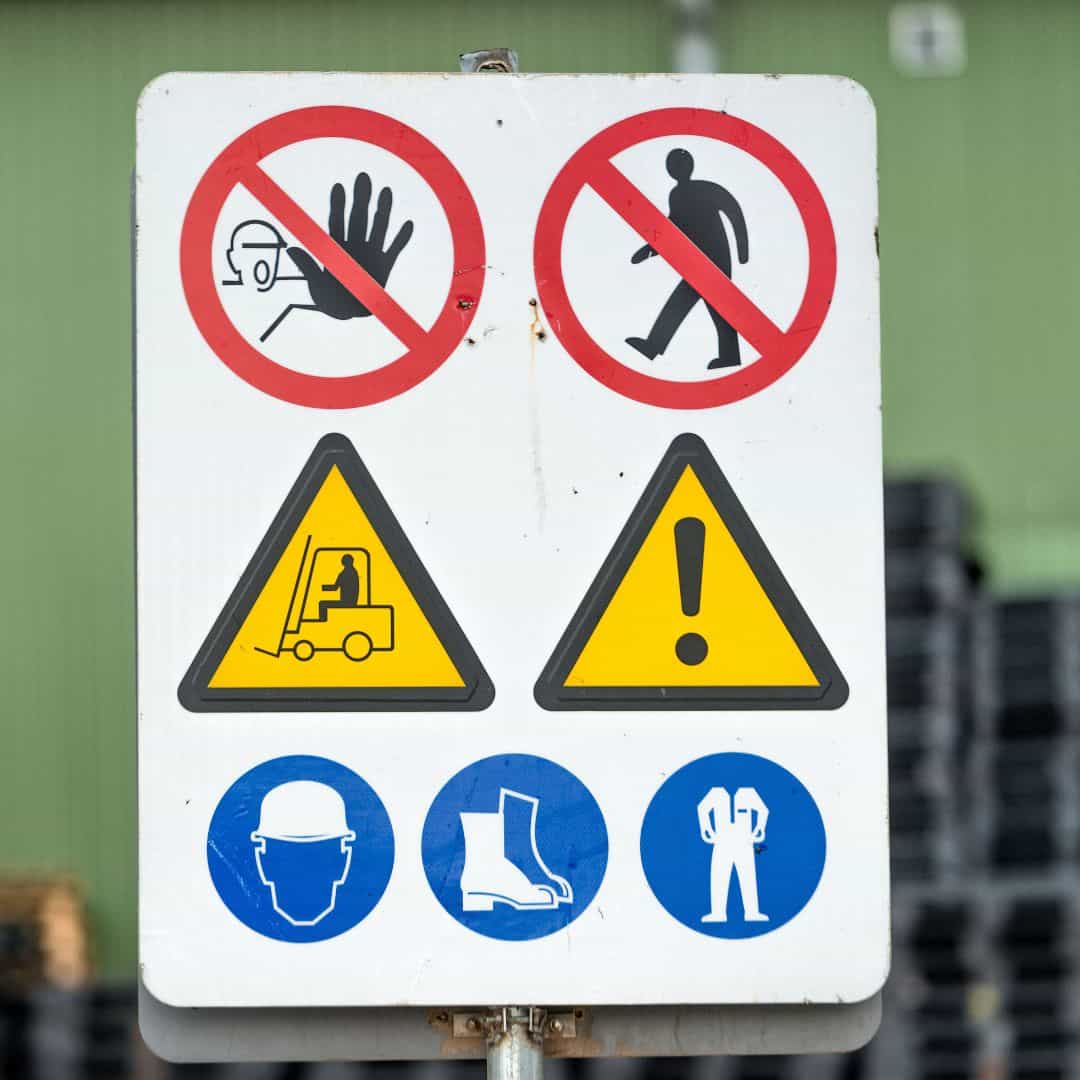In the first quarter of the year, the Plan will include visits to companies in the industrial and construction sectors that have registered three or more accidents due to material causes.
TDB keeps you informed. Follow us on Facebook, Twitter and Instagram
The Balearic Institute for Health and Safety at Work
Throughout the year, visits will be made to large construction sites and other economic sectors.
The Balearic Institute for Health and Safety at Work (IBASSAL), which is part of the Regional Ministry of Enterprise, Employment and Energy, has launched a campaign to advise and monitor working conditions in organisations and companies, which will reach 421 businesses. This initiative has been in operation since January and will continue until March, before the start of the tourist season.
The campaign, which is part of IBASSAL’s 2024 Annual Plan and its 2023-2027 Strategy, will focus in the first quarter of the year on companies in the industrial and construction sectors, and throughout the year will also be applied to large construction sites, the health sector and other sectors.
These actions, which are not of an inspection or sanctioning nature, will consist of visiting companies that have had a minimum of three accidents during 2023 due to material causes or, in the case of industries, a minimum ratio of one accident for every ten workers. Since 1 January so far, 107 of the total planned visits have been carried out.
To carry out the advisory and monitoring tasks, the technicians will visit workplaces unannounced, verify the companies’ preventive health and safety plans and provide them with advice. Companies that so require will be asked to make corrections and improvements. Corrections will be verified through successive visits to the companies, with the aim of ensuring that they achieve preventive systems that meet the standards required in their sector. At the beginning of the high season, the companies must be verified and duly advised.
Industry
For the first quarter of the year, IBASSAL has set itself the objective of visiting 33 industrial companies in Mallorca, six in Ibiza and two in Menorca, which have registered three or more accidents during the first half of 2023 due to material causes and a minimum ratio of one accident for every ten workers.
Likewise, throughout the year a preventive campaign will be carried out on the prevalence of noise exposure of workers in the metal carpentry sector, aimed at metal carpentry companies in the construction industry with fewer than 50 workers. The objective will be to visit eight metal carpentry companies in Mallorca, six in Ibiza and two in Menorca.
Also in the industrial sector, the working conditions, use and management of chemical agents in the graphic arts sector will be observed. This campaign will reach ten companies over the course of the year.
Construction
In the construction sector, IBASSAL’s advice and monitoring campaign will target companies that have had three or more accidents between January and October 2023. The objective for the first quarter of the year will be to visit 130 companies in Mallorca, 20 in Menorca and 30 in Ibiza.
In addition, advice will be provided to all contractors and subcontractors that share a work centre with companies that are the target of this campaign, which means that a further 260 companies in Mallorca, 30 in Menorca and 30 in Ibiza will be visited.
Health sector
Throughout the year, IBASSAL will carry out a campaign to assess preventive management and raise awareness of good practices in private health and social health centres.
Other sectors
Also on an annual basis, IBASSAL will continue its research work into serious, very serious and fatal accidents and those minor accidents which, due to their characteristics, should be selected for research; accidents involving self-employed workers linked to other employers, such as subcontractors or arising from the coordination of business activities; the predominant occupational illnesses and, in particular, those affecting women workers.
